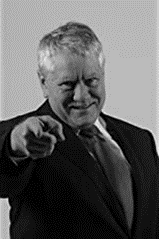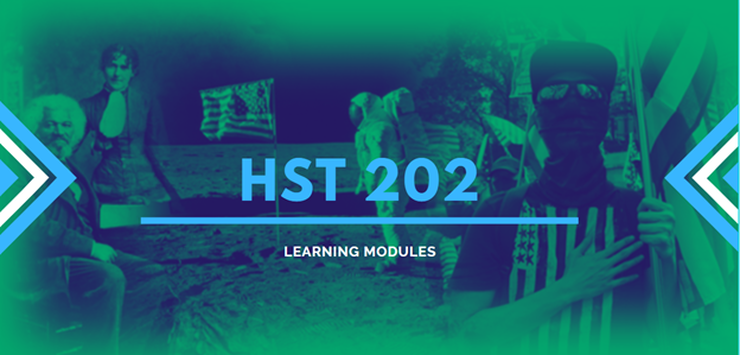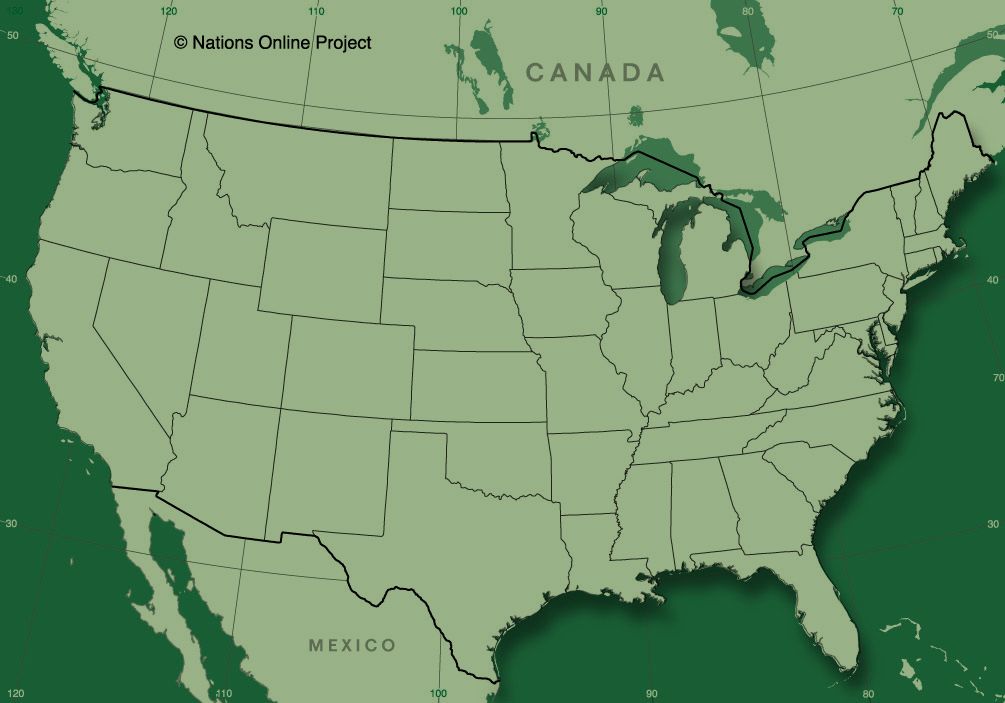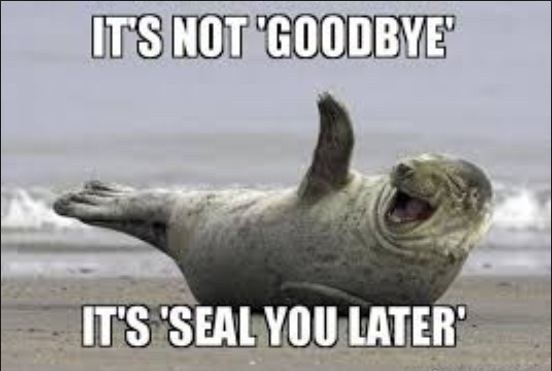|
Week 14: The 21st Century
Welcome to HST 202 Week Fourteen! This is the fourteenth learning module looking at the 21th century in the United States.
READING My classes utilize both Howard Zinn's Patriot's History of the United States and Larry Schweikart's Patriot's History of the United States, mostly in excerpts posted to the modules. You can access the full text of People's History or Patriot's History by clicking on the links. 
Schweikart Chapter 22: “America, World Leader, 2000 and Beyond”
If the immediate horror of 9/11 has dissipated, the attack nevertheless served as a profound reminder that buildings, however symbolic they might be, are nothing more than concrete and steel. The precious human lives they contained testified, by their loss, that what remains are ideas. Intending to shatter the “materialism” of the United States, Osama bin Laden’s terrorists merely reminded the world of the supremacy of the intangible over the physical, of the spiritual over the temporal. Focusing Americans’ thoughts once again on freedom—and its enemies—terrorists united a nation seriously divided by an election and elevated a president under fire to a position of historical greatness. The fatal flaw of bin Laden—like Hitler, Stalin, and even the nearsighted Spaniards of five hundred years ago—was that they fixed their gaze on the physical manifestations of the wealth of the West, failing to understand that wealth is a mere by-product of other, more important qualities: initiative, inventiveness, hope, optimism, and above all, faith. The people who had set foot in Virginia and Massachusetts almost three centuries ago often arrived poor, usually alone, and certainly without lofty titles or royal honors. After they plowed the fields and founded their enterprises, it was not the farms alone that made Benjamin Franklin’s Philadelphia flourish, nor trade alone that breathed life into the Boston of John Adams. Mere plantations did not produce George Washington and Thomas Jefferson, nor did a legal system spawn Alexander Hamilton and Abraham Lincoln. American determination and drive, vision and commitment came not from acquisition of material things— though the freedom to acquire things was a prerequisite. Rather, greatness came from an all-consuming sense that this was, after all, the “city on a hill,” the “last, best hope for mankind.” The United States was, and is, a fountain of hope, and a beacon of liberty. American democracy flowed from the pursuit of opportunity, governed by respect for the law. American industry burst forth from the brains of Carnegie and Weyerhaeuser, Vanderbilt and Gates, most often coming from those owning the least in material goods. And American strength came from the self-assurance—lacking in every other nation in the world by the twenty-first century (or what Bush called liberty’s century)—that this nation uniquely had a charge to keep, a standard to uphold, and a mission to fulfill. In the end, the rest of the world will probably both grimly acknowledge and grudgingly admit that, to paraphrase the song, God has “shed His grace on thee.” Knowing perfection is unattainable, Americans have not ceased in its pursuit. Realizing that war is unavoidable, Americans have never relented in their quest for peace and justice. But understanding that faith was indispensable, Americans have, more than any other place on earth, placed it at the center of the Republic. The American character, and the American dream, could never be disentangled, and ultimately the latter would go only as far as the former would take it.
ASSIGNMENTS
Forum Discussion #15
The war on drugs is a largely unsuccessful campaign, led by the U.S. federal government, of drug prohibition, military aid, and military intervention, with the aim being the reduction of the illegal drug trade in the United States. The initiative includes a set of drug policies that are intended to discourage the production, distribution, and consumption of psychoactive drugs that the participating governments and the UN have made illegal. Do some outside research and answer the following questions:
Why the “War on Drugs” is considered a failure? What are the reasons on why it was implemented? Why has it endured since the Nixon administration? Please cite examples. Forum Discussion #16
We sure had fun this semester, and grew as people. In one paragraph, describe one thing you enjoyed learning about. If this class was a fate worse than death, describe something you would like to learn about NEXT time?
Need help? Remember the Discussion Board Rubric.
0 Comments
Leave a Reply. |
AuthorRyan Lancaster wears many hats. Dive into his website to learn about history, sports, and more! Archives
July 2024
Categories |





 RSS Feed
RSS Feed